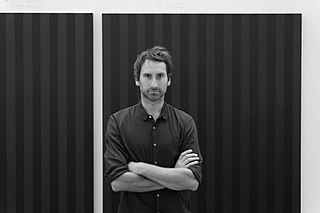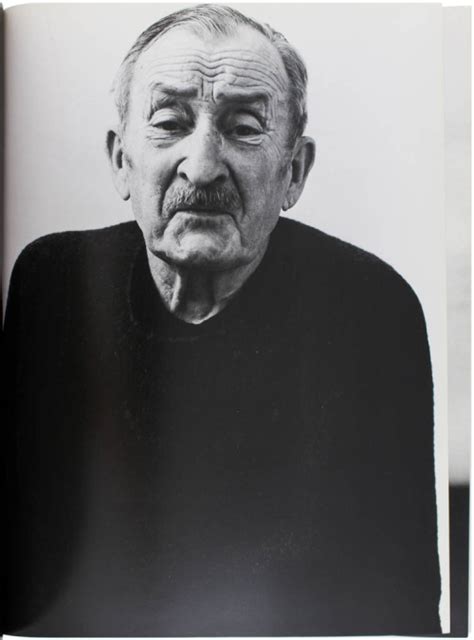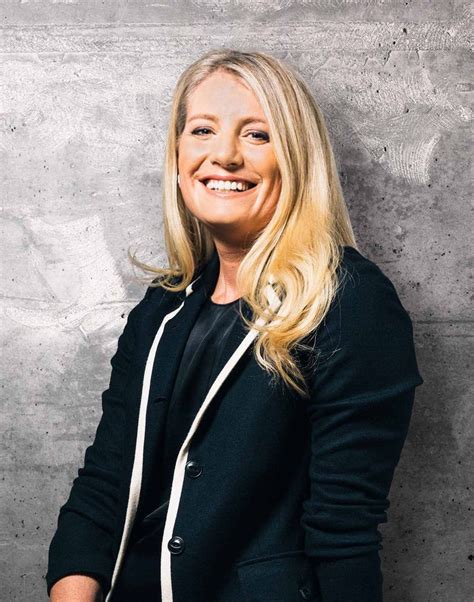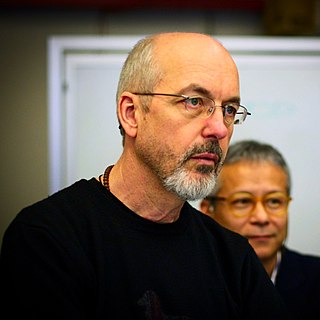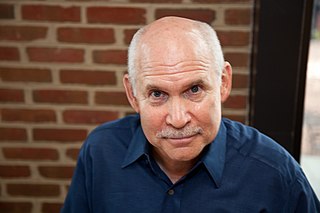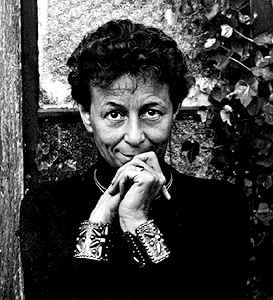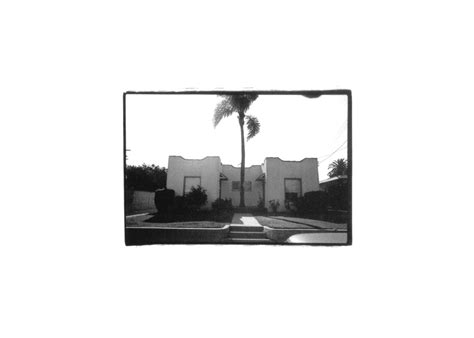A Quote by Idris Khan
It is hard to avoid the aspect of time when producing what ones sees as a photograph.... my images [are] something that is not a frozen moment, but an image made up of many moments and that is created over time rather than taken.
Related Quotes
[When] I am taking a photograph, I am conscious that I am constructing images rather than taking snapshots. Since I do not take rapid photographs it is in this respect like a painting which takes a long time where you are very aware of what you are doing in the process. Exposure is only the final act of making the image as a photograph.
There are certain mystical belief systems that believe that taking pictures takes an aspect of the soul, but beyond that it's just the idea that once you're captured in a photograph, then a million presumptions are made of you, and you are forever frozen in that one moment, and you are perceived to be the embodiment of that moment, and that, of course, is an illusion.
I believe in God. Maybe not the Catholic God or even the Christian one because I have a hard time seeing any God as elitist. I also have a hard time believing that anything that created rain forests and oceans and an infinite universe would, in the same process, create something as unnatural as humanity in its own image. I believe in God, but not as a he or she or an it, but as something that defines my ability to conceptualize within the rather paltry frames of reference I have on hand.
A career is measured over the course of the years, not moments. Over good decisions, over successes, not moments, failures, missteps, or bad comments. I learned that I needed to take a step back and look at my career not in that one moment that made me feel really bad, but what I had done not even in the past one or two years or last one or two hires, but that that career is built over many, many, many, many successive quarters and years and good decisions - never, ever made in that one moment where you felt really bad.
The fundamental aspect of video is not the image, even though you can stand in amazement at what can be done electronically, how images can be manipulated and the really extraordinary creative possibilities. For me the essential basis of video is the movement - something that exists at the moment and changes in the next moment.
What the immune system of man has in its advanced development is what we call immunological memory, so that once it sees something for the first time, when it sees it the second or the third time, it can respond against it in a way that's much more accelerated than when it sees it for the first time.
Today there are a huge number of think tanks working on poverty-related issues; there are books written on the topic; and university centers being created to study poverty. But, at the same time, the media has a terribly hard time with this issue; it's very hard to convince editors and publishers to devote resources to complex investigations of the lives of America's poor. And, as a result, too often poverty is portrayed in stereotypes, in sound bites, in a few pat images rather than in its full Technicolor complexity and diversity.
Polaroid material has the most beautiful quality - the colors on one side, but then the magic moment in witnessing the image to appear. The time stands still and the act of watching the image develop can be shared with the people around you. In the fast world of today it's nice to slow down for a moment. At the same time Polaroid slows time, it also captures a moment which becomes the past so instantly that the decay of time is even more apparent - it gives the image a certain sentimentality or melancholy.
Each time I make a photograph I celebrate the life I love and the beauty I know and the happiness I have experienced. All my photographs are made like that responding to my intuition... After all these years, I am still motivated by the radiance that light creates when it transforms an object into something magical. What the eye sees is an illusion of what is real. The black-and-white image is yet another transformation. What exactly exists, we may never know.
